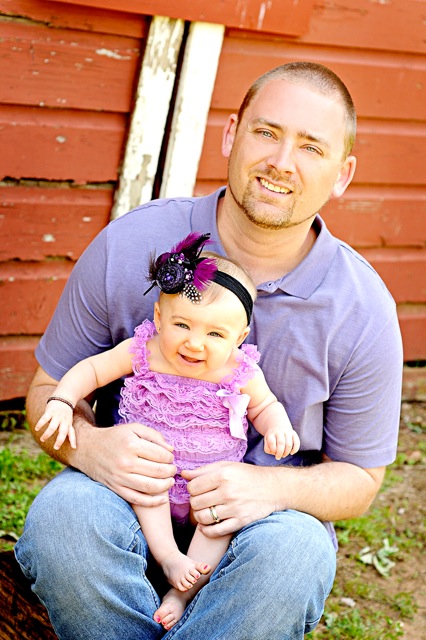 Before I get into my comments on Dr. Crossley’s article I must note that I have not read much of his work (I have only read two articles that he published). The reason for not having read much of his work is not that I am uninterested, but, I simply have not had the time to get to them since his dissertation on dating the Gospel of Mark is high on my “Reading List.” I attended a critique of his most recent book at the last SBL and found him to be quite entertaining and bright.
Before I get into my comments on Dr. Crossley’s article I must note that I have not read much of his work (I have only read two articles that he published). The reason for not having read much of his work is not that I am uninterested, but, I simply have not had the time to get to them since his dissertation on dating the Gospel of Mark is high on my “Reading List.” I attended a critique of his most recent book at the last SBL and found him to be quite entertaining and bright.
As for his article I have two positive areas of agreement. The first area of agreement is over Crossley’s consistent call for caution in overdetermining (if I may use the Douglas Campbell phrase) the meaning of a text or parallel. His whole article basically consists in him pointing out that the conclusions supported by scholars are not supported or denied by the evidence. One of the issues I have with some of the scholarship I read is the felt freedom that scholars possess to blur the line between conjecture and argumentation. Here Crossley points out that many of scholars conclusions are really the result of question begging or maybe just overdetermining. Personally, I consider scholar’s great when they refuse to blur the line between conclusions based on solid evidence and conclusions based on assumption or stand corrected when someone points out that they have unconsciously fell into this trap. Most recently I remember Dale Allison admitting that his (and many) argument for the Historical Jesus is circular. Wow! Only a great scholar would admit such problem with their view. (You can probably tell that, historically speaking, I am a minimalist; but not a mythicist!)
The second area of agreement that I found with this article is that of Crossley’s understanding of Early Christianity and its Jewishness (if I may use that very imprecise term). I am completely baffled by the assumption that the Gospels ended the Law for Christians. This view is only asserted and never demonstrated through evidence and logic. One possible reading of one text is in no way enough to hold this view (i.e., their is not enough evidence to lead to such a huge conclusion). If Jesus and his followers were competing in the Jewish religious realm, then it should be understood that they acted like religious Jews. For Jesus (or, better the Gospels) to overturn such a fundamental aspect of faith and practice one would need multiple, clear instances of this new direction. Crossley’s interpretation of 7:19 seems to me the most plausible.
As much as I loved the article I must say I was left a little confused for my anticipated reading of his dissertation on the dating of Mark. After reading such a great article that is so dependent on insisting scholars must use caution in coming to their conclusions, when lack of evidence is an issue, I doubt I will be able to take his theory on the Gospel of Mark’s (very early) date seriously. Dating the Gospels, in my opinion, is a very speculative endeavor. I understand that it is somewhat certain to say that this or that text is from the 1st or 2nd century, but, to say that evidence leads one to place it in a certain decade is not scholarship since there is very little actual evidence. I have found that what scholars call “evidence” is not really evidence at all, it is merely conjecture (e.g., a Gospel does or does not speak about the destruction of the temple in real historical terms as having already happened, proposed dates on the time it would have taken for theology to have developed to what is contained in a certain text).
Having said that I am still sure that I will profit greatly from reading anything that such a careful scholar like him publishes and I am looking forward to being pleasantly surprised by evidence that I was not aware of. All in all, I must say, I thoroughly enjoyed this article for its attention to method.
The summary of his article may be found here.




One Reply to “Comments on James Crossley’s “Mark, Paul and the Question of Influence””